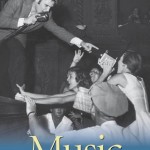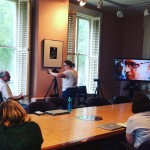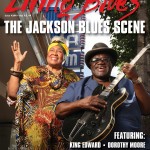
Beginning in the late 1980s, southern hip-hop and rap effectively trumped contemporary R&B as the foremost popular urban music trend. A regional response to the then-burgeoning East and West Coast hip-hop scenes, purveyors of southern rap simultaneously surfaced in cities ranging from Atlanta and Miami to New Orleans, Memphis, and Houston. Although many older music fans downplay the significance and artistic credibility of the genre, southern rap—created by an MC, or rapper, and a DJ, or producer—has emerged as a primary motivator in the youth market, influencing fashion, language, the mass media, and other facets of commercial and popular culture. Similarly, southern rap artists have become avatars of pop culture in their own right, receiving consistent radio airplay, crossing over to film and television roles, and emerging as popular personalities in the marketing and advertising fields.








